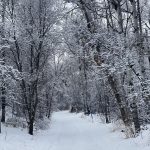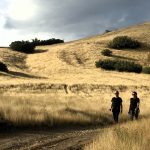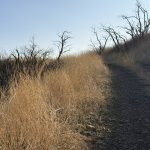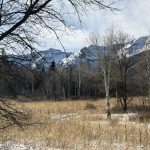
Although many of us have lost touch with this notion, old-timers and anyone still tied to the earth from a career point of view (that includes farmers, ranchers, fisherman, mountain resort operators, and city planners) all know one thing for sure: Water is the lifeblood of the West. When the volume of settlers coming west burgeoned in the mid-1840s, water was the entire story of the west. The earliest settlers faced other dangers, but without water, their Western existence was cut short in multiple ways.
How easy we forget, right? Sure, we face drought years—and for me, those years selfishly mean too little snowfall and fewer ski days. When the lack of water only limits our leisure activities or creates a concern that we expect others will somehow take care of (such as making sure we have drinking water), it becomes clear that it—meaning water—may no longer be the story of the West.
What really has changed? Clearly, the West is still the West. Water is still our lifeblood, but no longer consciously so. With rivers throughout the West effectively dammed and diverting water to countless miles of aqueducts, canals, and ditches, our needs for water are addressed in remote offices by uniform-wearing water managers. I only have to turn on the tap to have all the water I want, occasionally smelling a hint of chlorine but never thinking about the age-old struggles endured by so many of my own ancestors and others to make this modern-day miracle something I definitely take for granted.
Such could be said about so much like this—modern medicine, vaccinations, air travel, movie theaters, personal protective equipment (PPE), hugging, shaking hands, soccer games, and so on. We forget how integral these are in our lives until they are compromised, until a drought of great enough significance overwhelms us.
So, how can we remember the “water” that powers our lives? Set reminders in our calendars? Put sticky notes on our monitors?
It could just be that we’re past that—since before water, we probably had long-forgotten the wheel, fire, and even life itself. So, perhaps all we can do is remember for a moment. This moment. And then move on.





